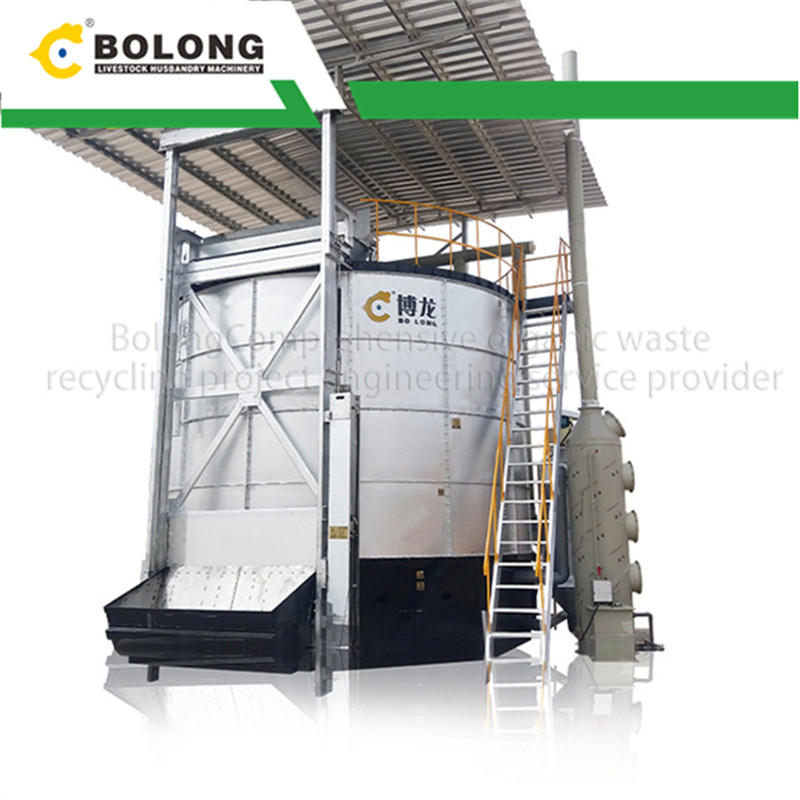
Apr 10, 2024 · Biohydrogen solves these problems by being a carbon neutral energy fuel that can be generated by using water or waste streams. The dark fermentation process gives a waste management alternative as well, while generating hydrogen. The functionally diverse microbial communities involved in dark fermentation break down complex organic wastes.
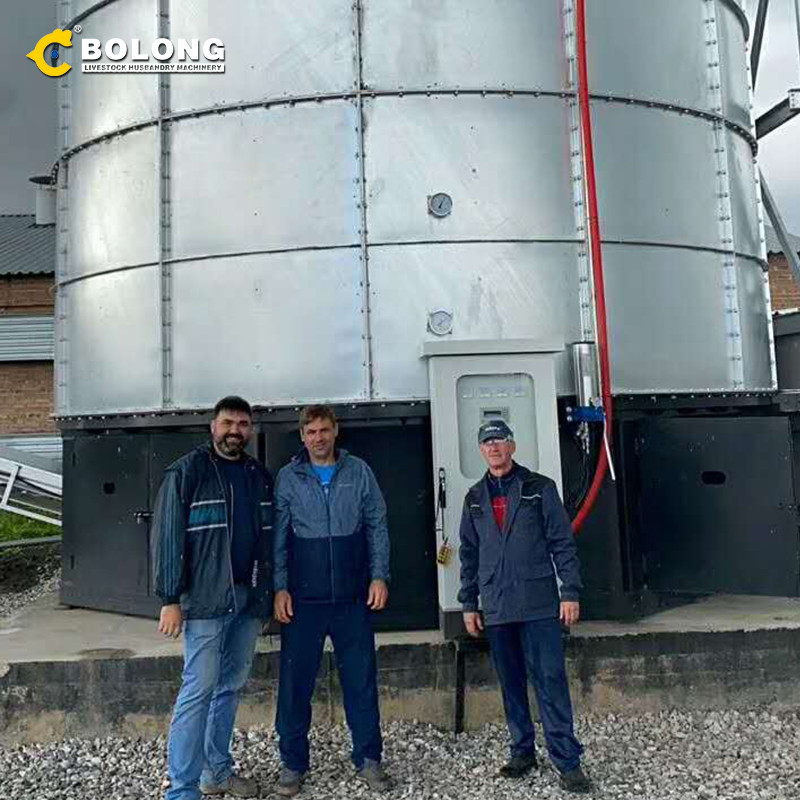
Sep 24, 2009 · Anaerobic digestion of energy crops, residues, and wastes is of increasing interest in order to reduce the greenhouse gas emissions and to facilitate a sustainable development of energy supply. Production of biogas provides a versatile carrier of renewable energy, as methane can be used for replacement of fossil fuels in both heat and power generation and as a vehicle fuel. For biogas

Feb 18, 2022 · Advantages of Solid State Fermentation (SSF) The main advantage of such is that it produces a minimum amount of waste and liquid effluent thus not very damaging to the environment. Solid substrate fermentation employs simple natural solids as the media. Low technology, low energy expenditure and requires less capital investment.
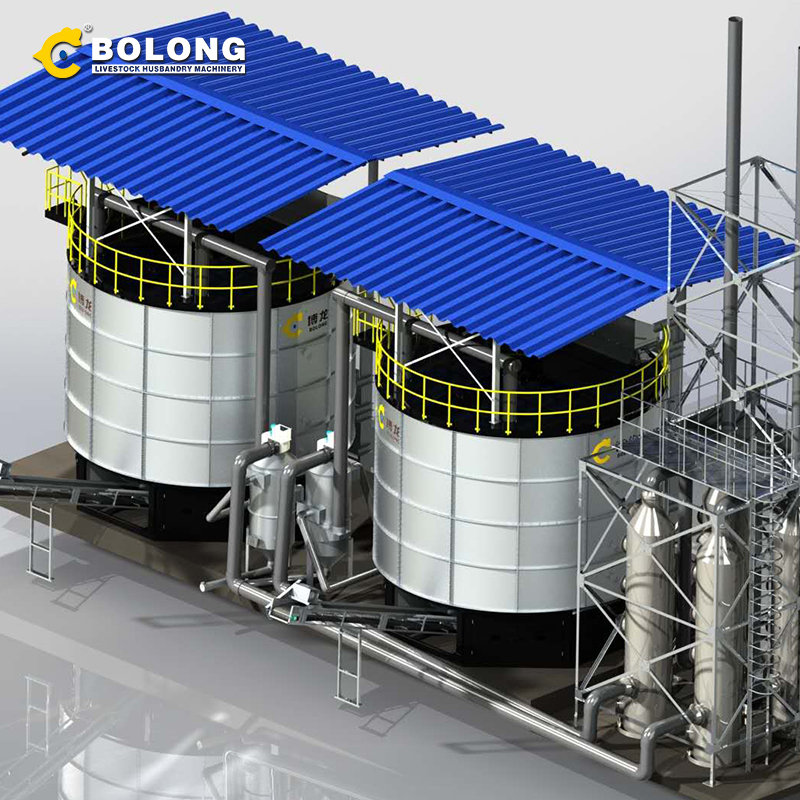
May 31, 2024 · The fermentation route for producing biobutanol from renewable plant biomass was used extensively during the last century. The key factors affecting performance in the standard batch industrial fermentation process are highlighted. Four species of Clostridium were utilized for the industrial production of solvents, and although they share many features in common, they also exhibit significant

Jan 1, 2022 · Solid-state fermentation is more common in traditional fermentation of food products such as bread, cheese, miso, tempeh, and koji fermentation for soy sauce. Solid-state fermentation enables high substrate and product concentration, high productivity and the utilization of low-value substrates such as agri-food waste (Singhania et al., 2009).
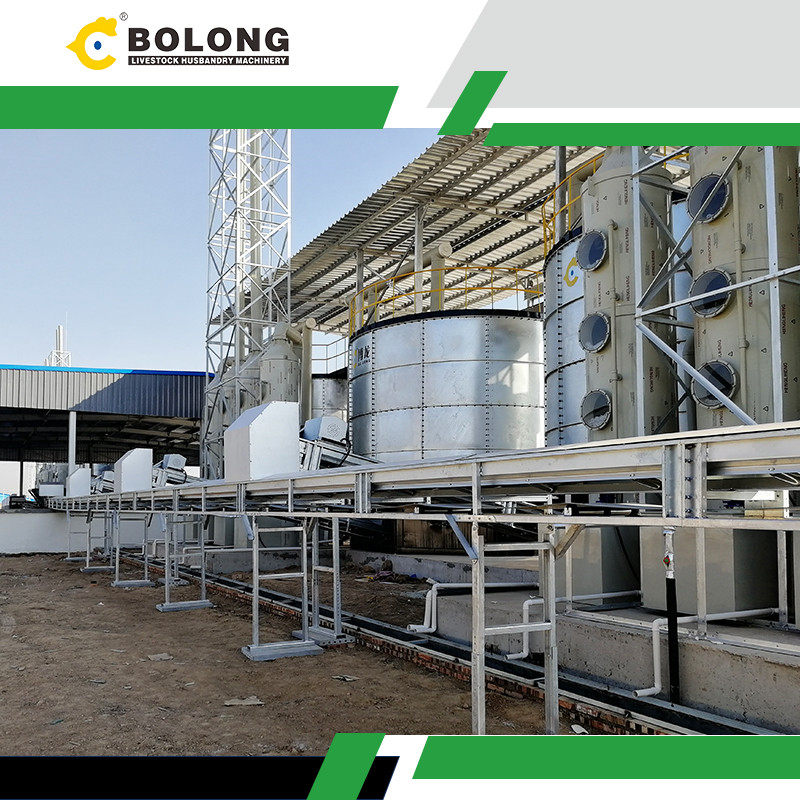
Apr 21, 2024 · Fermentation does not involve an electron transport system, and no ATP is made by the fermentation process directly. Fermenters make very little ATP—only two ATP molecules per glucose molecule during glycolysis. Microbial fermentation processes have been used for the production of foods and pharmaceuticals, and for the identification of microbes.
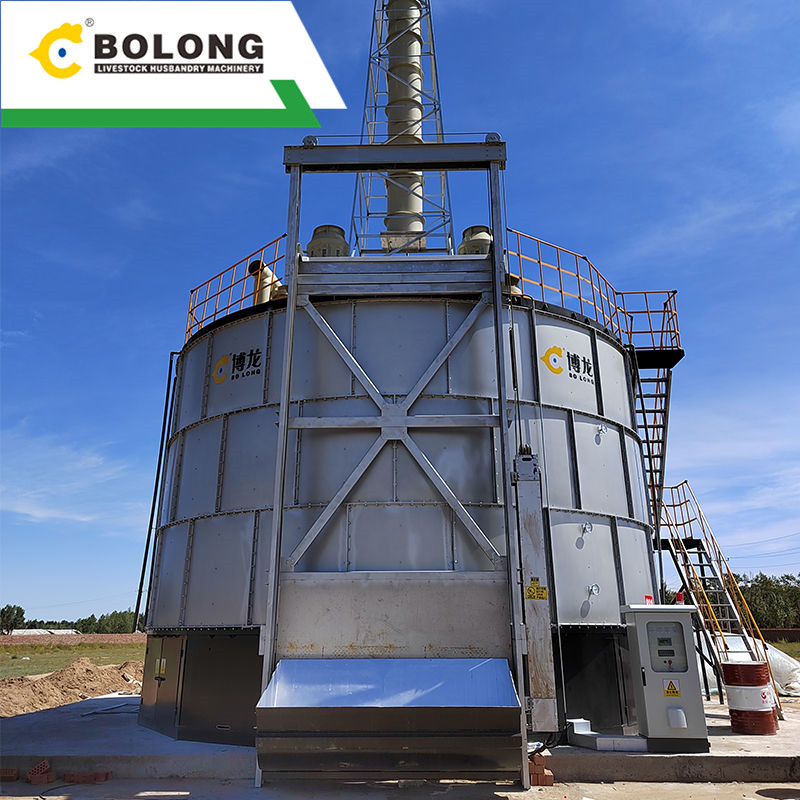
Oct 14, 2020 · It has now passed more than forty years since solid-state fermentation (SSF) research developments have gained importance for the scientific community. After so many years, numerous processes and equipment for SSF were studied and designed focusing on the production of different commercially relevant bioproducts such as enzymes, fermented food, such as Chinese daqu and koji, organic acids
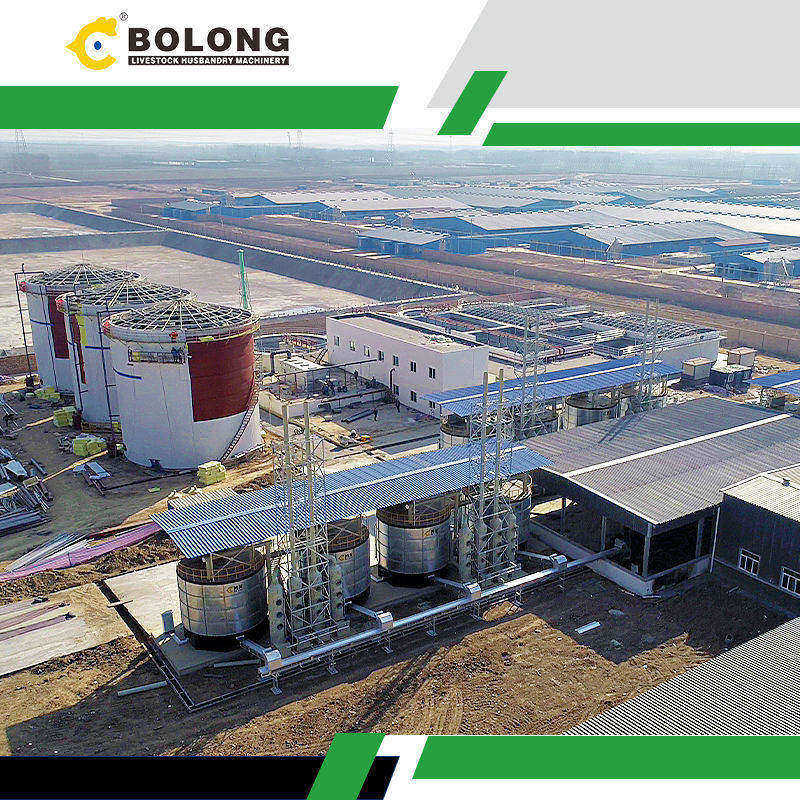
DOI: 10.1007/s13399-021-01968-y Corpus ID: 242610536; Advances in glucosamine production from waste biomass and microbial fermentation technology and its applications @article{Ahuja2021AdvancesIG, title={Advances in glucosamine production from waste biomass and microbial fermentation technology and its applications}, author={Vishal Ahuja and Arvind Kumar Bhatt and Vaishali Sharma and Ranju

May 18, 2024 · Yarrowia lipolytica is a robust yeast species that has gained significant attention as a biofactory for various biotechnological applications and undoubtedly can be referred to as a hidden treasure trove due to boasting a diverse array of enzymes with wide-ranging applications in multiple industries, including biofuel production, food processing, biotechnology, and pharmaceuticals. As the

Jul 26, 2020 · Tower fermentation. It was defined by Greenshields and co-workers. It is an elongated non-mechanically type of fermenters. There is unidirectional gases flow throughout the bioreactors. Tower fermenters are of following types: Bubble columns; Vertical tower beer fermenters; Multistage fermenters; Bubble up fermenters

Several fermentation products are important commercially outside of the food industry. For example, chemical solvents such as acetone and butanol are produced during acetone-butanol-ethanol fermentation. Complex organic pharmaceutical compounds used in antibiotics (e.g., penicillin), vaccines, and vitamins are produced through mixed acid
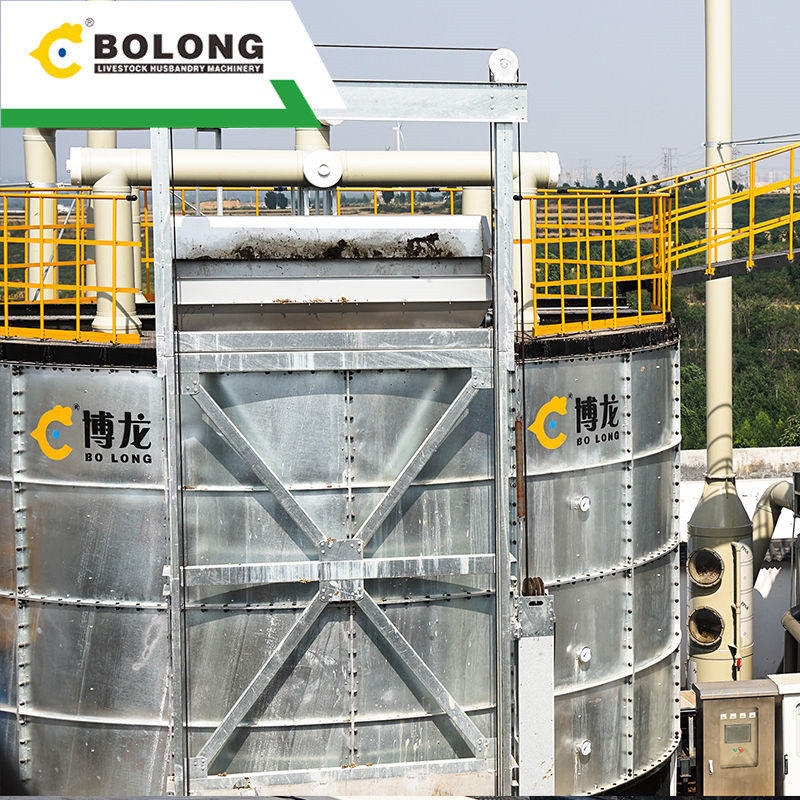
Jun 15, 2019 · Fermentation does not involve an electron transport system, and no ATP is made by the fermentation process directly. Fermenters make very little ATP—only two ATP molecules per glucose molecule during glycolysis. Microbial fermentation processes have been used for the production of foods and pharmaceuticals, and for the identification of microbes.

The Biostat STR ® Microbial, a single-use (SU) fermenter engineered for microbial applications, combines the advantages of SU with the performance of stainless-steel. It allows fast batch-to-batch turnover for high productivity and has a compact footprint.

ADVERTISEMENTS: In this article we will discuss about:- 1. History and Design of Fermenters 2. Basic Functions of Fermenters 3. Types 4. Construction 5. Design and Operation 6. Aseptic Operation and Containment 7. Batch Fermentation 8. Fed-Batch Fermentation 9. Continuous Fermentation 10. Scale-Up of Fermentations. History and Design of Fermenters: De Becze and Liebmann (1944) []

Fermentation Technology. Fermentation: An art from the past, a skill for the future Brain McNeil. What is fermentation? Ø Fermentation is a metabolic process which converts carbohydrates to alcohols, organic acids or gases by the activity of enzymes of microbial origin.